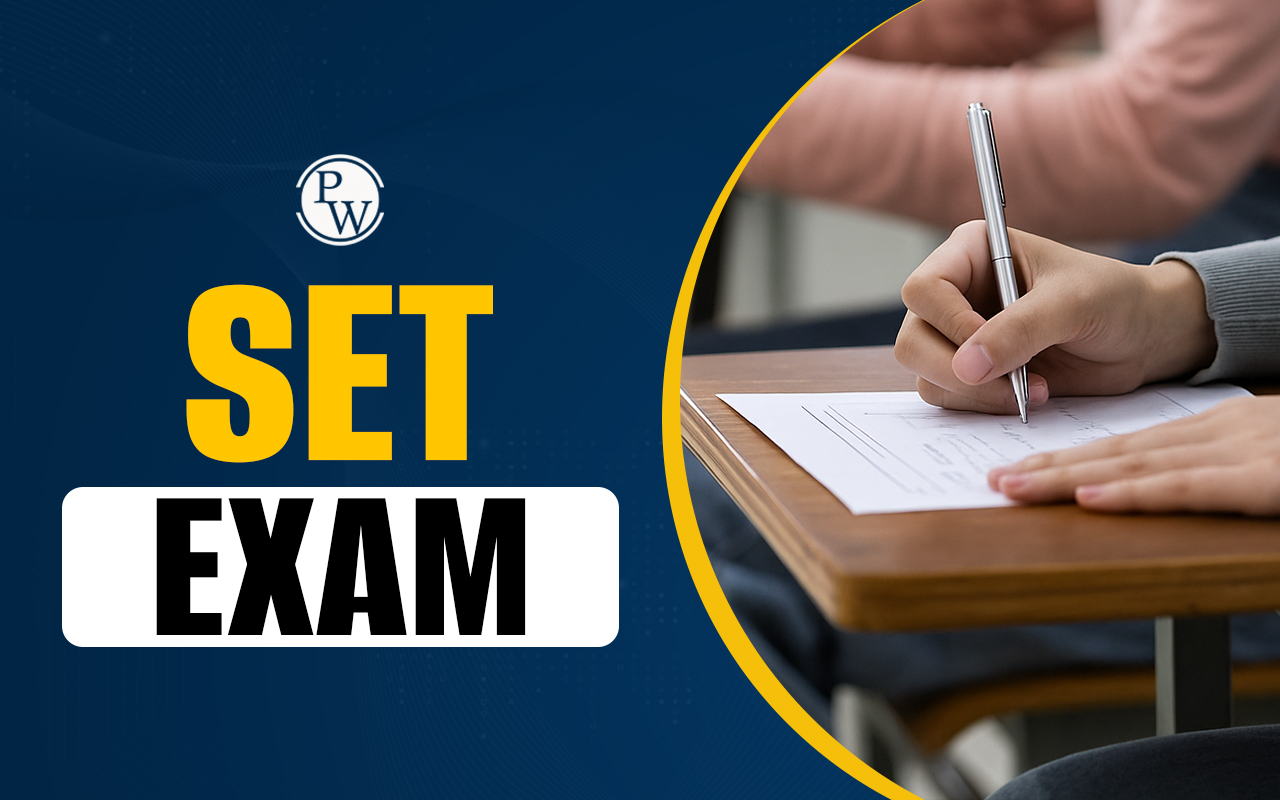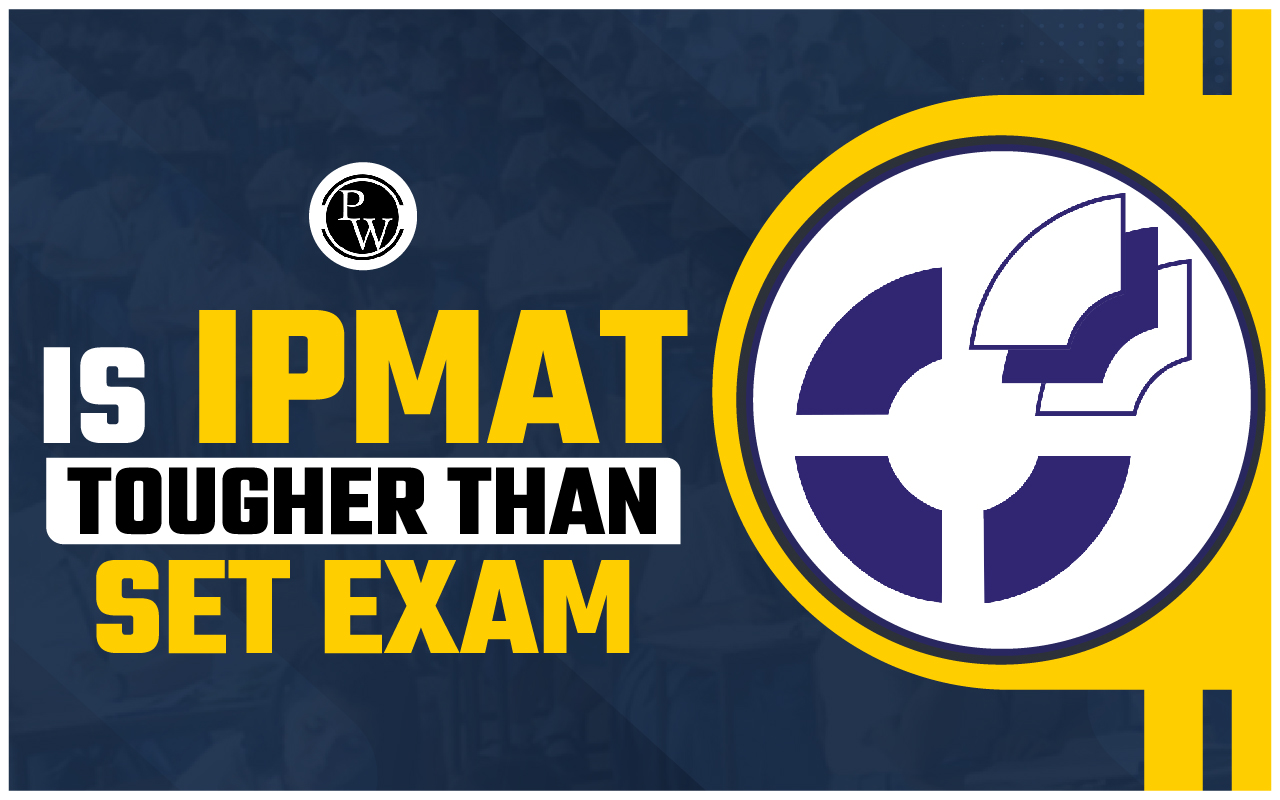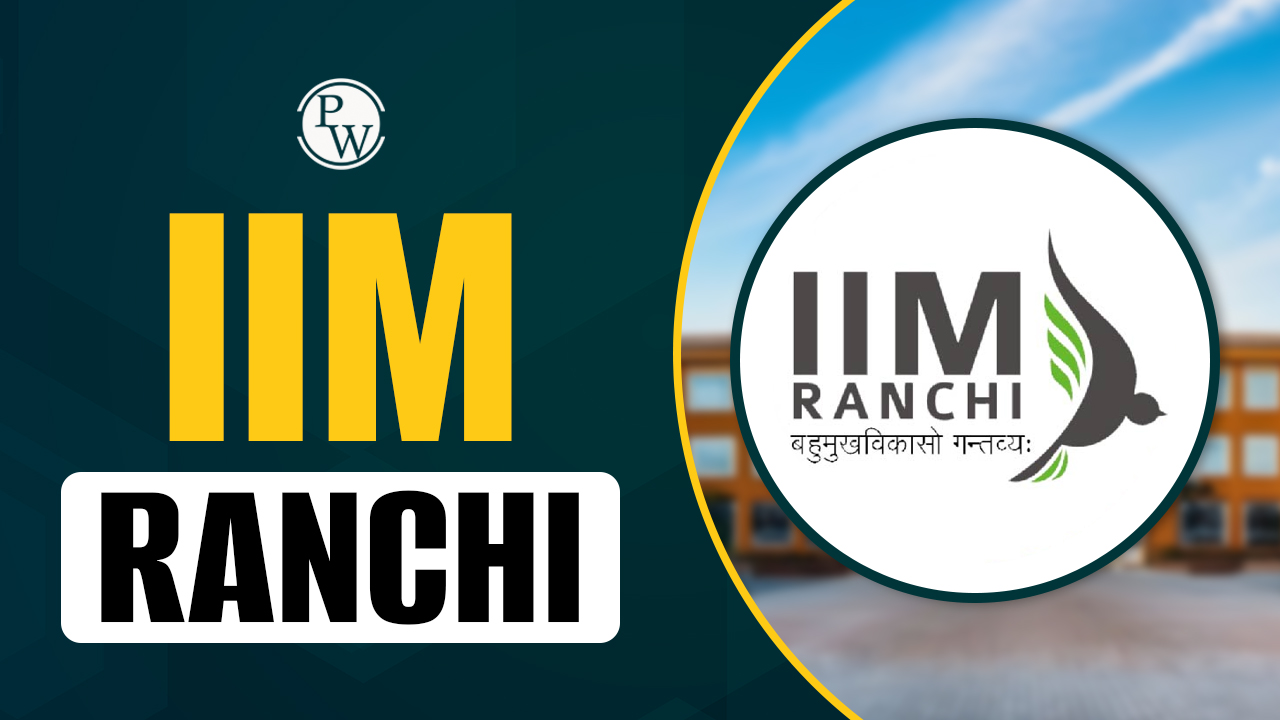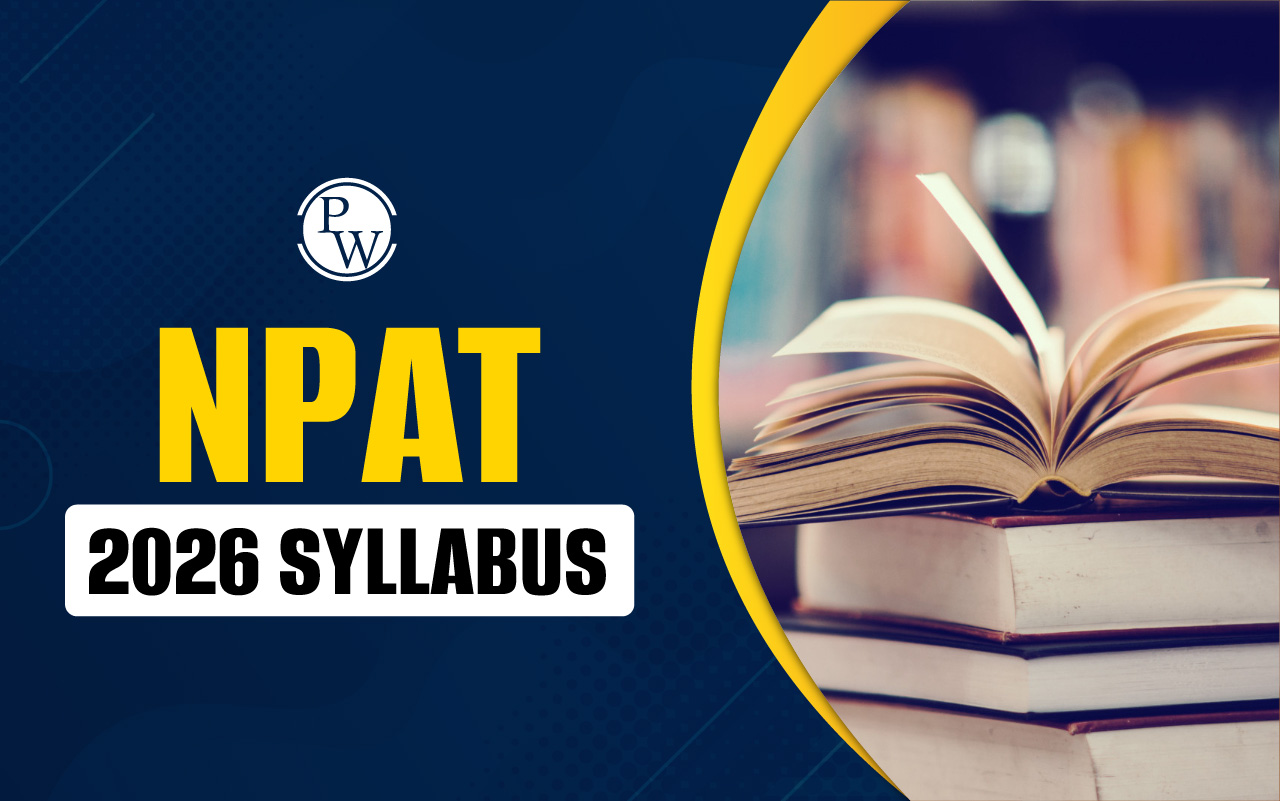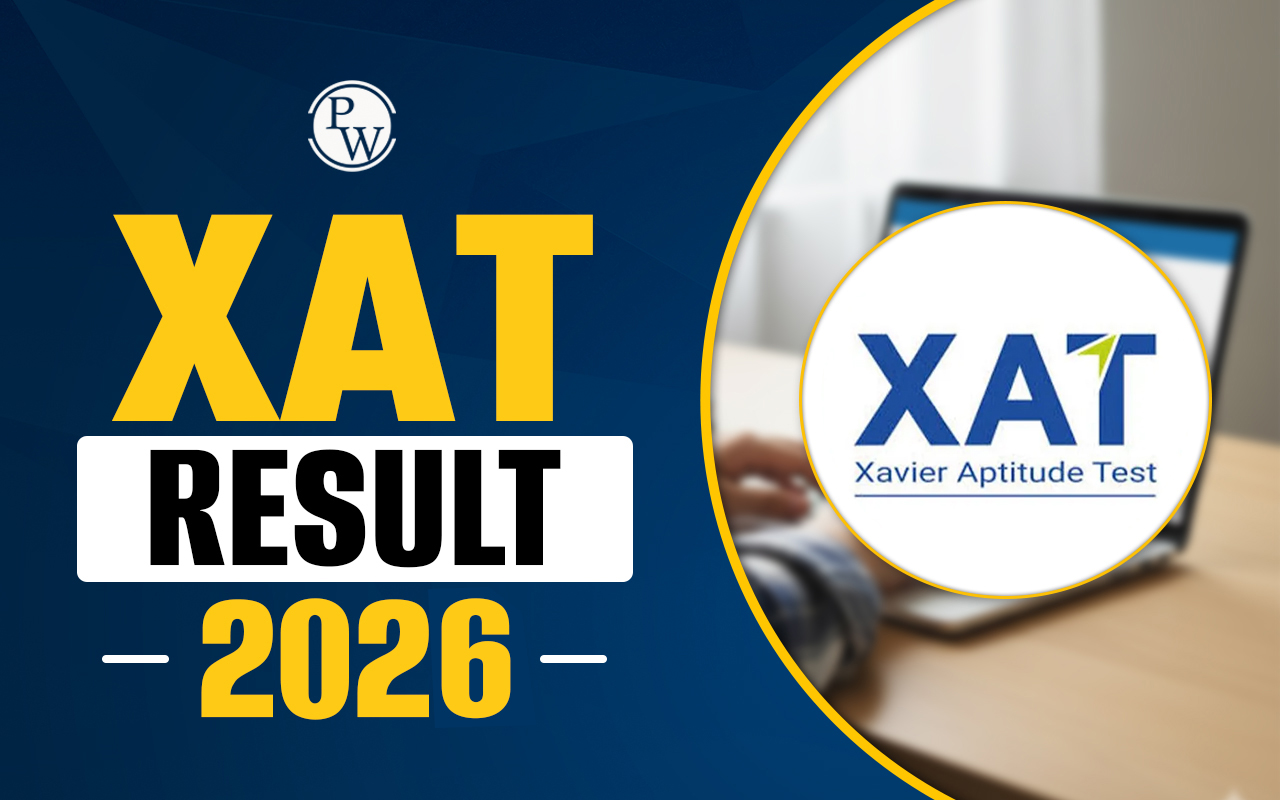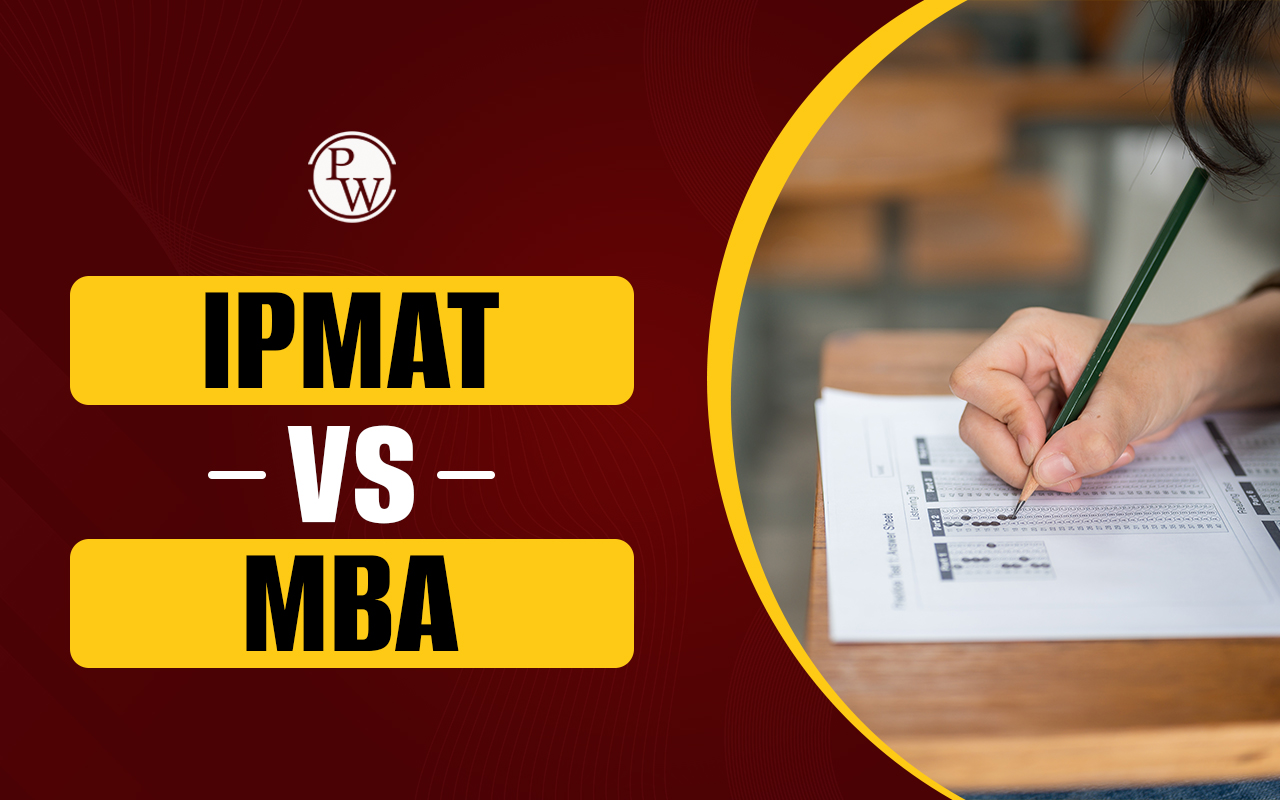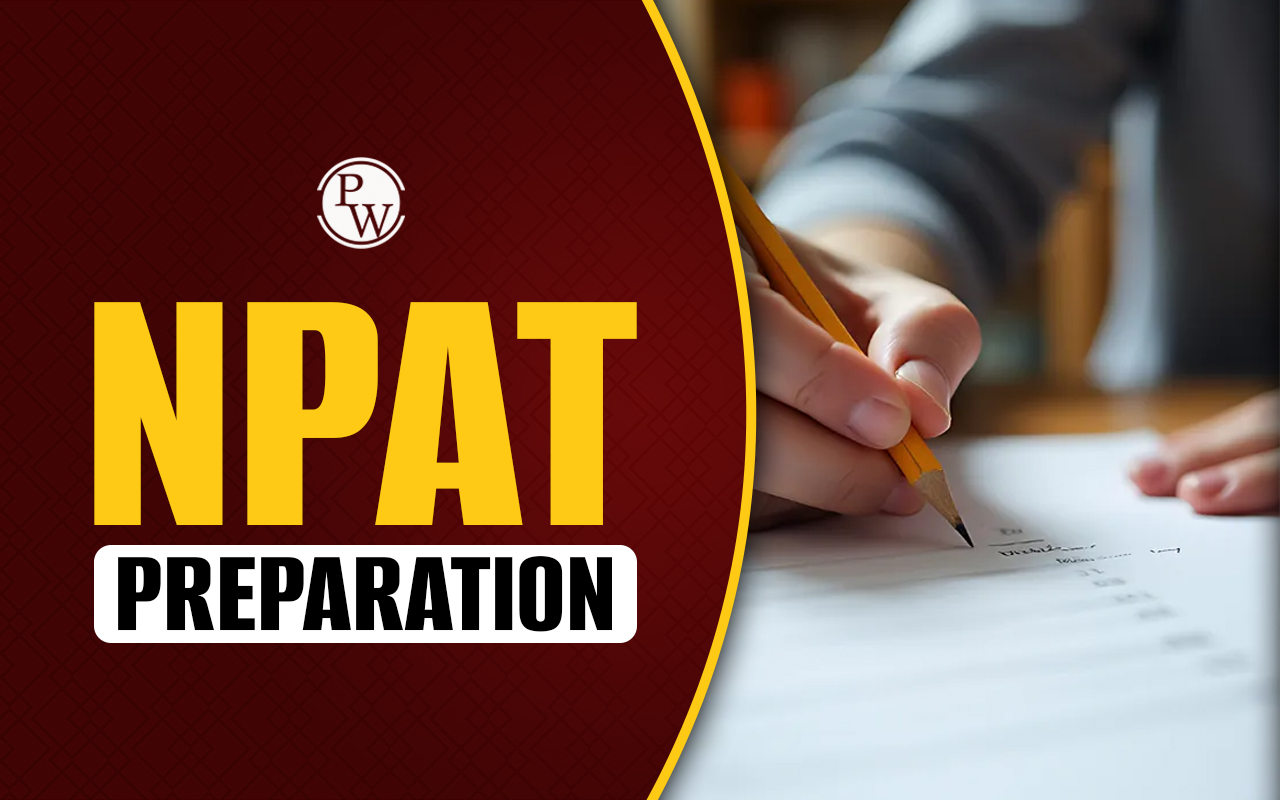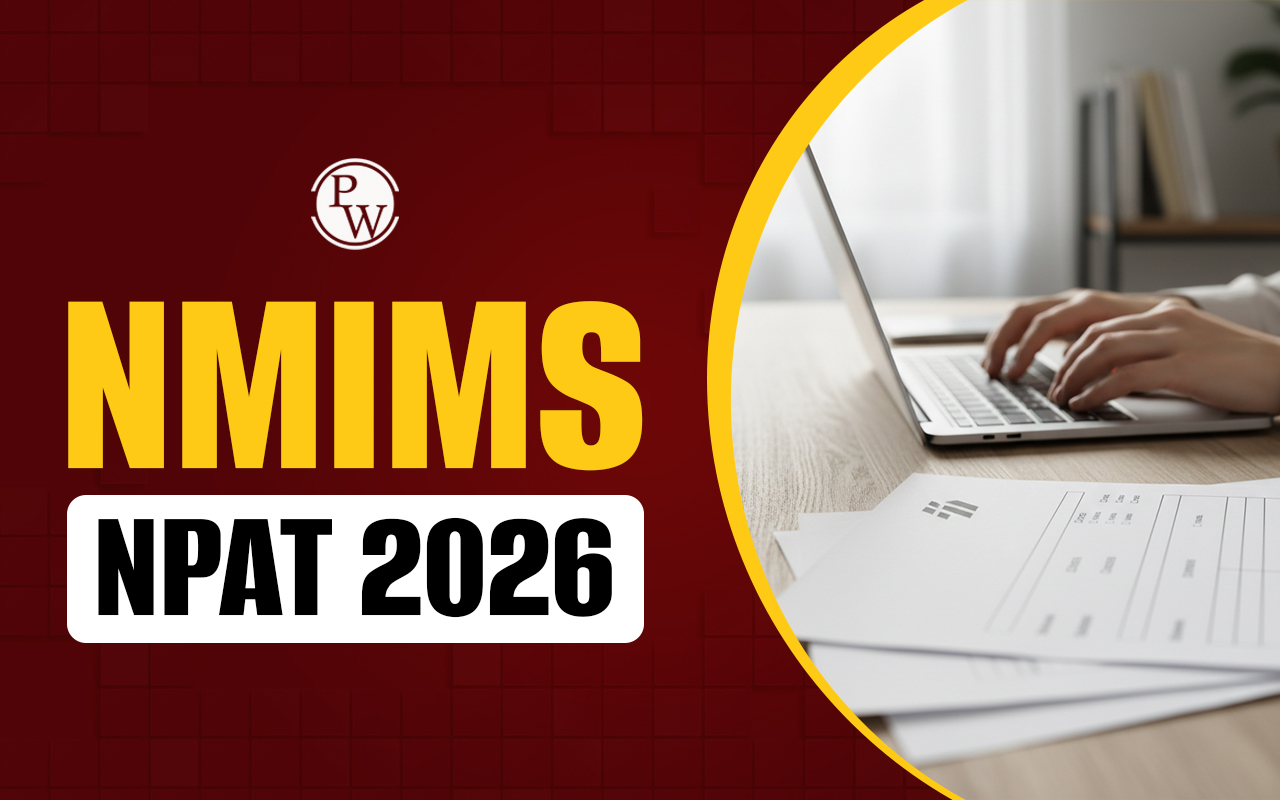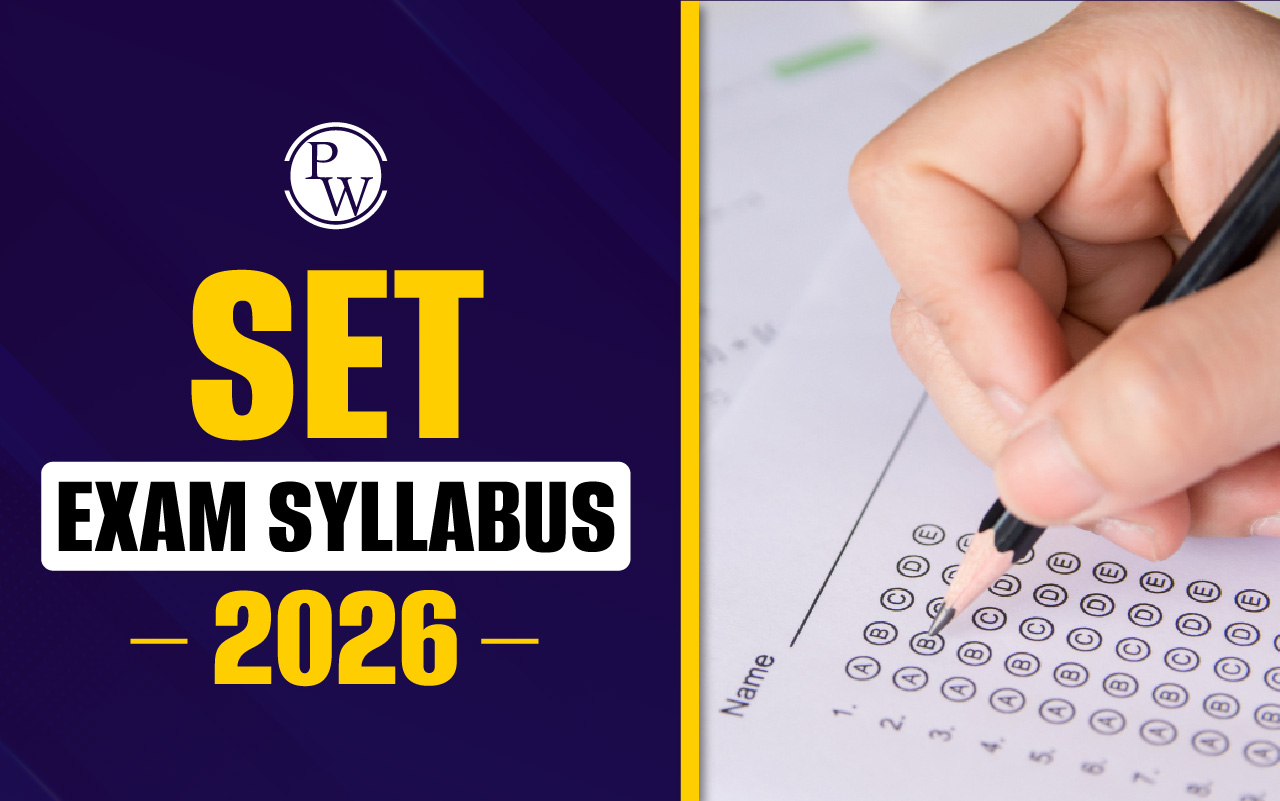
Books for Quantitative Aptitude for IPMAT: The Integrated Programme in Management Aptitude Test (IPMAT) is a highly competitive exam conducted by the Indian Institutes of Management (IIMs) for admission to their five-year Integrated Programme in Management.
To crack this exam, it is essential to have the right study material and books. With so many options available in the market, choosing the best books for quantitative aptitude for IPMAT preparation can be confusing.Best books for Quantitative Aptitude for IPMAT Preparation
The best books for Quantitative Aptitude preparation for the IPMAT (Integrated Program in Management Aptitude Test) include:| Best books for Quantitative Aptitude for IPMAT Preparation | ||
| Book Title | Author | Features |
| "Magical Book on Quicker Maths" by M. Tyra | M. Tyra | Focuses on quick solutions for various problems |
| "How to Prepare for Quantitative Aptitude for CAT" by Arun Sharma | Arun Sharma | Covers all topics in line with the latest syllabus |
| "Quantitative Aptitude for Competitive Exams" by R.S. Aggarwal | R.S. Aggarwal | Provides formulas, solved examples, and over 5500 questions with answers |
Important topics to focus on for IPMAT Quantitative Aptitude
The Integrated Programme in Management Aptitude Test (IPMAT) is a big test that checks different skills, like how good you are with numbers. To do well in the number part of IPMAT, you should focus on some important topics. Here are the main things you should study for the number part of IPMAT:- Sequences and Series (AP, GP): This means understanding certain math concepts like arithmetic progressions and geometric progressions. It's important for solving problems about sums, differences, and products of terms in a series.
- Algebra: You need to know about solving different types of algebraic problems, like linear equations, quadratic equations, and systems of linear equations.
- Logarithms: You should understand how logarithms work. This is important for solving problems about things growing or decreasing quickly, and for solving equations with logarithmic functions.
- Averages: Learn how to calculate and understand concepts like arithmetic and geometric means, mode, and median. These are important for solving problems about analyzing and interpreting data.
- Percentages: Understand how percentages work, including things like percentage change, discounts, and profit and loss. This is important for solving problems related to business and finance.
- Probability and Venn Diagrams: Know the basics of probability, including conditional probability and Bayes' theorem. Also, understand how to use Venn diagrams for certain math operations. This is crucial for solving problems related to data analysis.
- Number System: Understand the basics of real numbers, including rational and irrational numbers. This is important for solving problems related to algebra and number theory.
- Determinants: Know what determinants are and how they're used to solve systems of linear equations. This is important for the number part of IPMAT.
- Integration and Differentiation: Understand the basics of integration and differentiation, including the fundamental theorem of calculus. This is important for solving problems related to optimization and rates of change.
- Data Interpretation: Learn how to read and understand graphs, charts, and tables. This is important for solving problems related to business and finance.
Weightage of Quantitative Aptitude in IPMAT
The weightage of quantitative aptitude in IPMAT is 65%. The Quantitative Aptitude section of the exam comprises 50 questions, with 25 multiple-choice questions and 25 short-answer type questions.| Weightage of Quantitative Aptitude in IPMAT | |
| Aspect | Information |
| Weightage in IPMAT | Quantitative Aptitude: 65% |
| Number of Questions in Quantitative Aptitude | Total Questions: 50 |
| Multiple-Choice Questions (MCQ): 25 | |
| Short-Answer Type Questions (SA): 25 | |
| Marks Distribution | MCQ Section: 100 Marks |
| SA Section: 100 Marks | |
| Marking Scheme | Each Question: 4 Marks |
| Penalty for Incorrect MCQ: -1 Mark | |
| Sectional Cut-off | Decided by Admissions Committee |
| Recommendation for Focus Areas | Number System |
| Permutation and Combination | |
| Sequence and Series | |
| Algebra | |
| Logarithms | |
| Averages | |
| Percentages | |
| Probability | |
| Venn Diagram | |
Best books for Quantitative Aptitude for IPMAT Preparation FAQs
What are some good books for preparing Quantitative Aptitude for IPMAT?
"Magical Book on Quicker Maths" by M. Tyra, "How to Prepare for Quantitative Aptitude for CAT" by Arun Sharma, and "Quantitative Aptitude for Competitive Exams" by R.S. Aggarwal is highly recommended.
Why is "Magical Book on Quicker Maths" a good choice for IPMAT preparation?
This book by M. Tyra helps in quickly understanding and solving various math problems, making it effective for Quantitative Aptitude preparation.
What does "How to Prepare for Quantitative Aptitude for CAT" offer for IPMAT preparation?
Arun Sharma's book covers all the topics according to the latest syllabus, making it a comprehensive resource for Quantitative Aptitude preparation for IPMAT.
What makes "Quantitative Aptitude for Competitive Exams" by R.S. Aggarwal beneficial for IPMAT preparation?
R.S. Aggarwal's book provides formulas, solved examples, and over 5500 questions with answers, making it a valuable resource for thorough practice.
How important is the Quantitative Aptitude section in IPMAT, and why should candidates focus on specific topics?
The Quantitative Aptitude section holds a weightage of 65% in IPMAT. Focusing on key topics like Number System, Permutation and Combination, Sequence and Series, and others is crucial for success in this section.
Talk to a counsellorHave doubts? Our support team will be happy to assist you!

Check out these Related Articles
Free Learning Resources
PW Books
Notes (Class 10-12)
PW Study Materials
Notes (Class 6-9)
Ncert Solutions
Govt Exams
Class 6th to 12th Online Courses
Govt Job Exams Courses
UPSC Coaching
Defence Exam Coaching
Gate Exam Coaching
Other Exams
Know about Physics Wallah
Physics Wallah is an Indian edtech platform that provides accessible & comprehensive learning experiences to students from Class 6th to postgraduate level. We also provide extensive NCERT solutions, sample paper, NEET, JEE Mains, BITSAT previous year papers & more such resources to students. Physics Wallah also caters to over 3.5 million registered students and over 78 lakh+ Youtube subscribers with 4.8 rating on its app.
We Stand Out because
We provide students with intensive courses with India’s qualified & experienced faculties & mentors. PW strives to make the learning experience comprehensive and accessible for students of all sections of society. We believe in empowering every single student who couldn't dream of a good career in engineering and medical field earlier.
Our Key Focus Areas
Physics Wallah's main focus is to make the learning experience as economical as possible for all students. With our affordable courses like Lakshya, Udaan and Arjuna and many others, we have been able to provide a platform for lakhs of aspirants. From providing Chemistry, Maths, Physics formula to giving e-books of eminent authors like RD Sharma, RS Aggarwal and Lakhmir Singh, PW focuses on every single student's need for preparation.
What Makes Us Different
Physics Wallah strives to develop a comprehensive pedagogical structure for students, where they get a state-of-the-art learning experience with study material and resources. Apart from catering students preparing for JEE Mains and NEET, PW also provides study material for each state board like Uttar Pradesh, Bihar, and others
Copyright © 2026 Physicswallah Limited All rights reserved.


